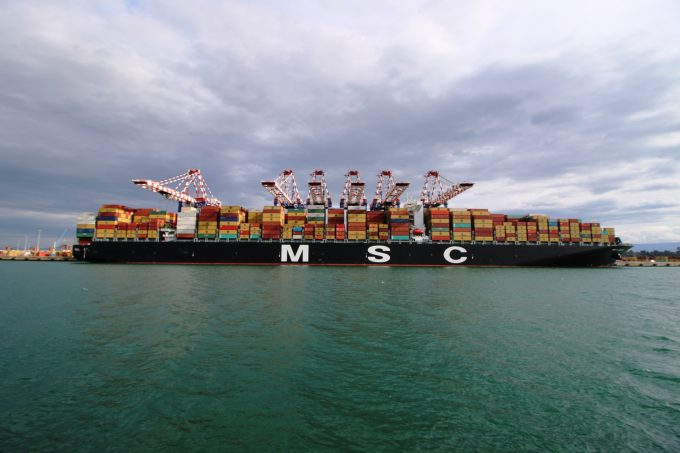India-Africa: Capacity revamp as demand brings rate gains for carriers
India-Africa trade is seeing a reconfiguration of capacity deployment due to the shipping alliance changes ...

MSC has announced four additional container wayport storage hubs as part of its Covid-19 suspension of transit (SOT) offering to shippers looking to avoid congestion and high storage costs at destination ports on non-essential goods.
The SOT product is targeted at shippers that have been unable ...


Comment on this article